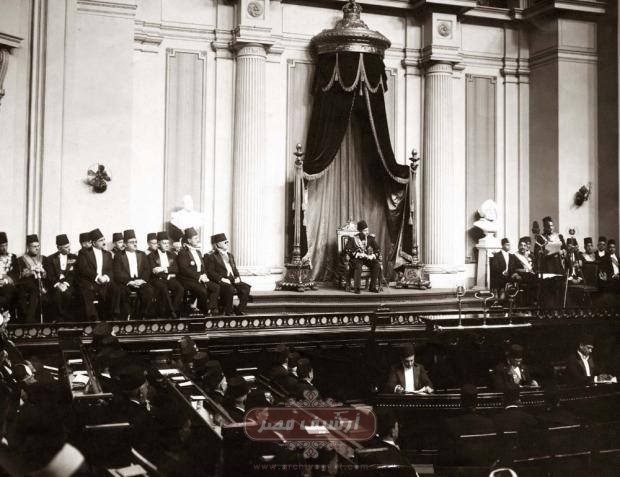While parliamentary delegations from the UAE, Morocco, Hungary, Japan, Palestine, Madagascar, Ghana and Uganda arrive at Sharm El-Sheikh for the parliament’s 150th year celebration, let’s remember the century and a half our parliament has been thriving.
1866: Advisory Council of Representatives
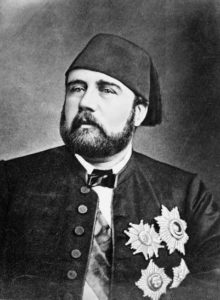
Khedive Ismail established the Advisory Council of Representatives, the first with representative functions. The Council’s standing order and rules of procedure were highly influenced by the French parliamentary system at that time. It held it’s nine sessions and didn’t live to hold its 10th, since Khedive Tawfiq, got crowned on in mid-1879, derogated the standing order and abolished the Council.
1881: Egyptian Council of Representatives
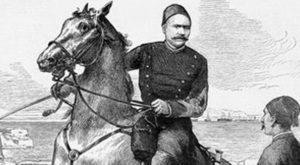
The Orabi coup gave birth to the new council called The Egyptian Council of Representatives, which was inaugurated on September 26, 1881 whereby a government decree was issued on February 7, 1882 pending the government’s approval of a new basic law. That basic law held the Cabinet accountable to the Representative Council elected by the people, which had the authority to legislate and interpellate the minister. The Council’s term was five years, and each session was three months. However the Council held one ordinary session and didn’t live to hold a second due to the British occupation that dismantled it altogether.
1883: General Assembly
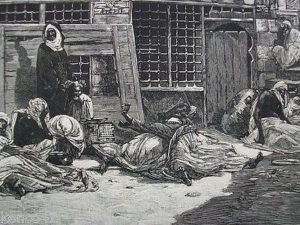
The Regular Law, a new law was issued in 1883 and allowed to setback the representative life in the country. The new council consisted of two chambers: The Advisory Council of Laws and the General Assembly. It also established the Councils of Provinces whose function was administrative and legislative, and were entrusted with the election of members of the Advisory Council of Laws.
The General Assembly consisted of 83 members, 46 elected members and the rest were members of the Advisory Council of Laws, whose speaker chaired the General Assembly, and seven ministers. The Assembly dissolved in 1913, along with the Council.
1913: Legislative Assembly
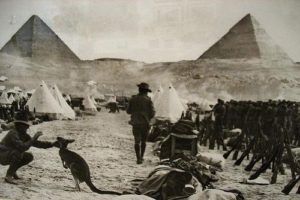
It consisted of 83 members: 66 elected and 17 appointed. The Regular Law promulgated in July 1913 stated that the Legislative Assembly term would be six years. But it lasted in 1914 when World War I broke out and martial laws were declared in Egypt. Later in December 1914, Britain declared Egypt a British protectorate, and the Assembly session was postponed indefinitely. In 1915 the Regular Law was suspended till the Assembly was dissolved in April 1923.
1924: Under the ’23 constitution
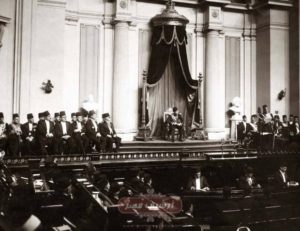
The 1923 constitution was issued, giving birth to the Egyptian Parliament, making up the Senate and the House of Representatives. All of the members of the House of Representatives were to be elected, for a 5-year term. On the other hand, three fifths of the Senate members were elected, and the rest were appointed. But of course, the parliament got dissolved in 1952 when the Free Soldiers came dashing in declaring their coup on the King.
1957: National Assembly

In 1956, the new constitution was proclaimed, stipulating for the formation of the National Assembly on 1957 with the membership of 350 elected members. However ended in early 1958, when the Egyptian-Syrian union happened and the 1956 constitution revoked.
1960: When Syria and Egypt united

A joint National Assembly was established, its members were appointed; 400 from Egypt and 200 from Syria. It first met on 21 July 1960 and lasted to 22 June 1961. Egypt and Syria were later separated on 28 September 1961.
1964: Socialism
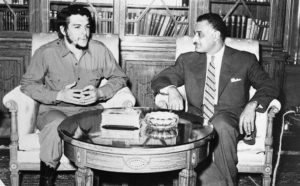
In reaction to the socialist laws issued in July 1961, 350 members got elected in National Assembly, half of whom at least from workers and farmers, in addition to 10 members appointed by the President himself. This Assembly lasted from 26 March 1964 to 12 November 1968. New elections were held on 20 January 1969, and the Assembly was valid until 30 August 1971.
1971: People’s Assembly
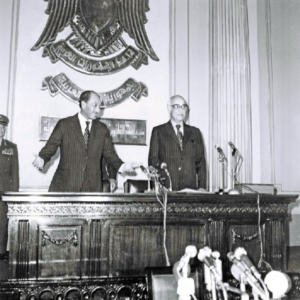
The Egyptian Parliament in ’71 was made up of the People’s Assembly and the Shura Council, with 454 members, including ten members appointed by the President.
The Parliament met for one nine-month session each year: under special circumstances the President could call an additional session. Even though the powers of the Parliament have increased since the 1980 Amendments of the Constitution, the Parliament lacked the powers to effectively balance the powers of the President.
After the political parties law were issued in 1977, two years later party-based legislative elections were conducted for the first time in Egypt after political parties were assembled since the wake of the coup.
Post-Jan 25: House of Representatives

The parliament got dissolved at once by SCAF after the toppling of Mubarak. After the presidential elections, it got restored by elected president Mohamed Morsi in 2012, then dissolved by order of the interim president Adly Mansour in 2013 after the 30 June protests… then got restored after the appointment of the current President, Abdel Fattah El-Sisi.
WE SAID THIS: Happy birthday, Parliament!


